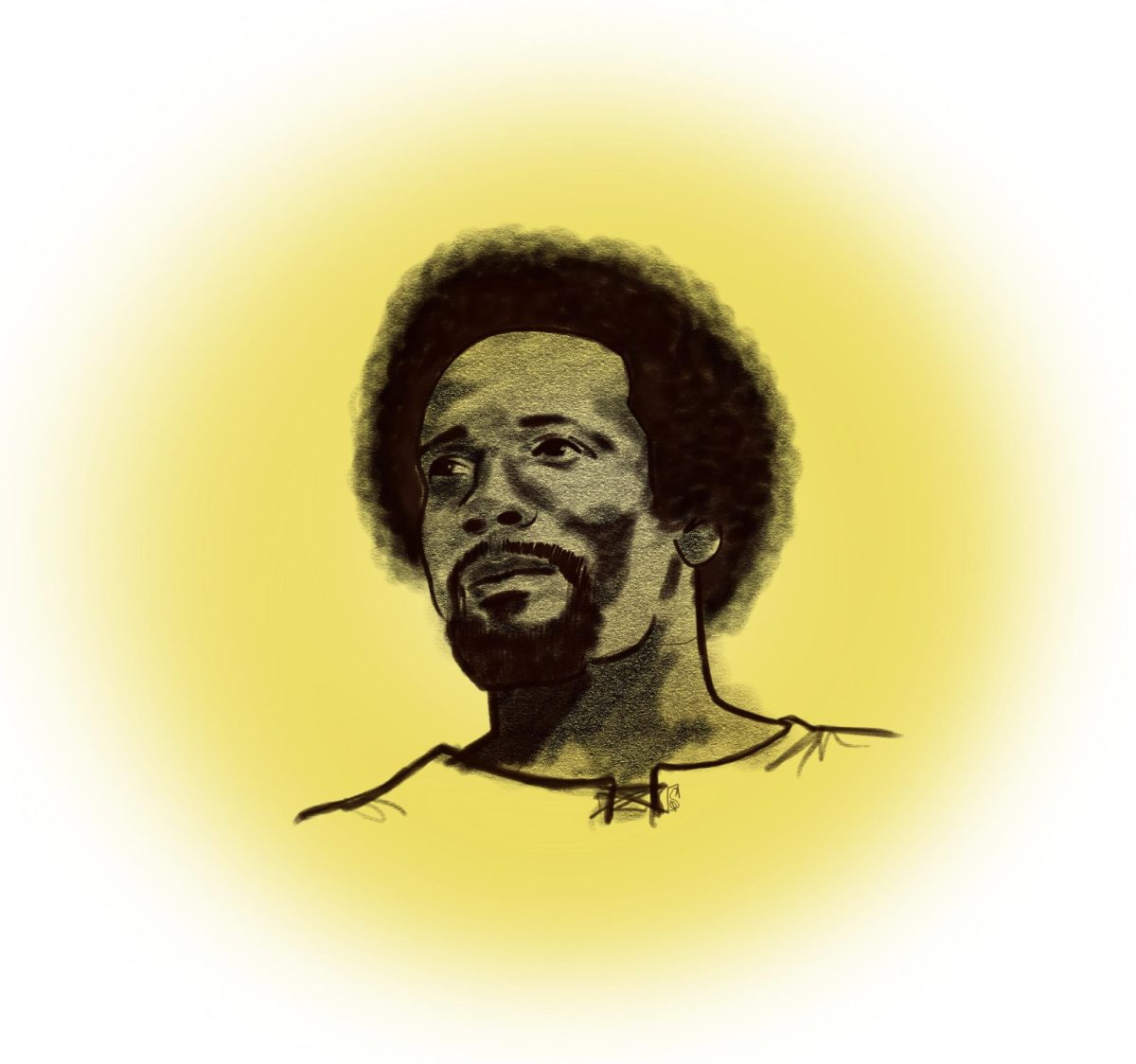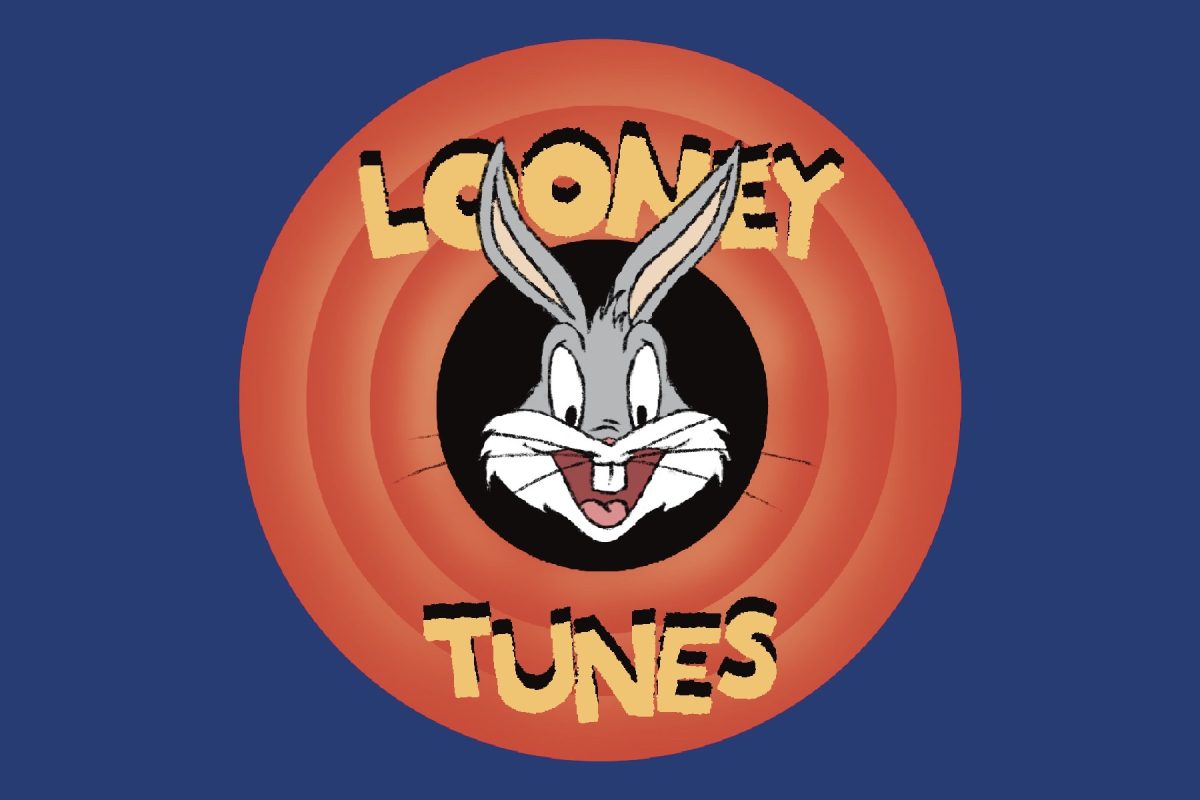Michael Jackson, Frank Sinatra, Aretha Franklin, Ray Charles, Lesley Gore and many more influential artists achieved their success from one name: Quincy Jones. At 91 years old, Jones is now joining the people he first catapulted to fame, another important musical mind the world lost on Nov. 3.
To reflect on his life would take a lifetime as Jones carried the weight of the music industry since he began playing trumpet for a Chicago jazz band in the 40s — meeting and befriending 16-year-old Ray Charles when he was just 14.
Jones was always at the right place at the right time. He met the most important figures in jazz music, including Count Basie, Dizzy Gillespie, Ella Fitzgerald and Miles Davis. In New York, he took on several musician jobs by writing and arranging for “anyone who would pay.” He worked with Elvis Presley, which led to him learning music theory with Nadia Boulanger in France. When he got the call from Frank Sinatra to help arrange his 1964 album “It Might As Well Be Swing,” his part-time job as a musician turned into a full-time one.
He arranged and produced pop singles for everyone in the industry, shaping the sound of each decade with every piece of music he released. It got to the point where he was not meeting musicians, they were meeting him.
It was never an easy path for Jones. He grew up poor in the Chicago South Side with a mother who suffered schizophrenic episodes and had to be taken away in a straitjacket. When he discovered the piano, it drove him away from a gangster lifestyle and gave purpose to his life. “I wanted to be a gangster until I was 11, in Chicago… you wanna be what you see, and that’s all we ever saw,” Jones said.
It was not until he met Michael Jackson on the set of “The Wiz” in 1978 that Jones’ success was so extraordinarily big that everyone wanted their albums produced and arranged by him. He produced Jackson’s “Off The Wall,” “Thriller” and “Bad,” which became the best selling pop albums of all time.
He became a producer for Oscar-winning films such as “The Color Purple,” received 28 Grammy Awards, became one of 18 EGOT winners and produced the show “The Fresh Prince of Bel-Air”, to name a few of the countless achievements throughout his 80-year career.
Jones rose to be an important figure in the industry, and he used that influence for social and political activism. He supported Martin Luther King Jr. and Nelson Mandela. He gathered the biggest artists from the 80s to record “We Are The World,” a song that has raised $80 million dollars since its release for famine relief in Ethiopia, and he founded multiple charities for children and elderly jazz musicians.
He paved the way for all the people that are or were on the verge of abandoning their dreams and gave a voice to all the talent he knew the industry needed. Jones has done so much for the entertainment industry that it is difficult to imagine what it would have been like without his contribution. For that, the world has to thank him for the music and wish an easy rest to the greatest legend in music history.










